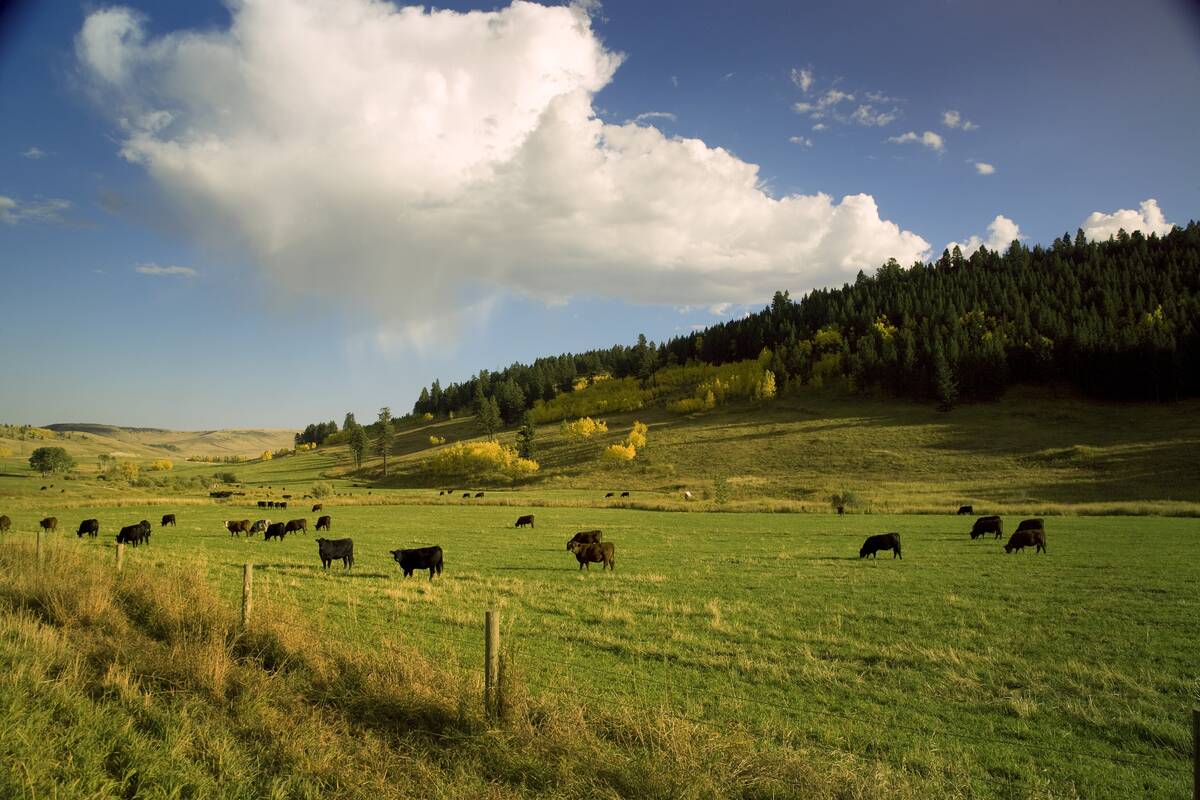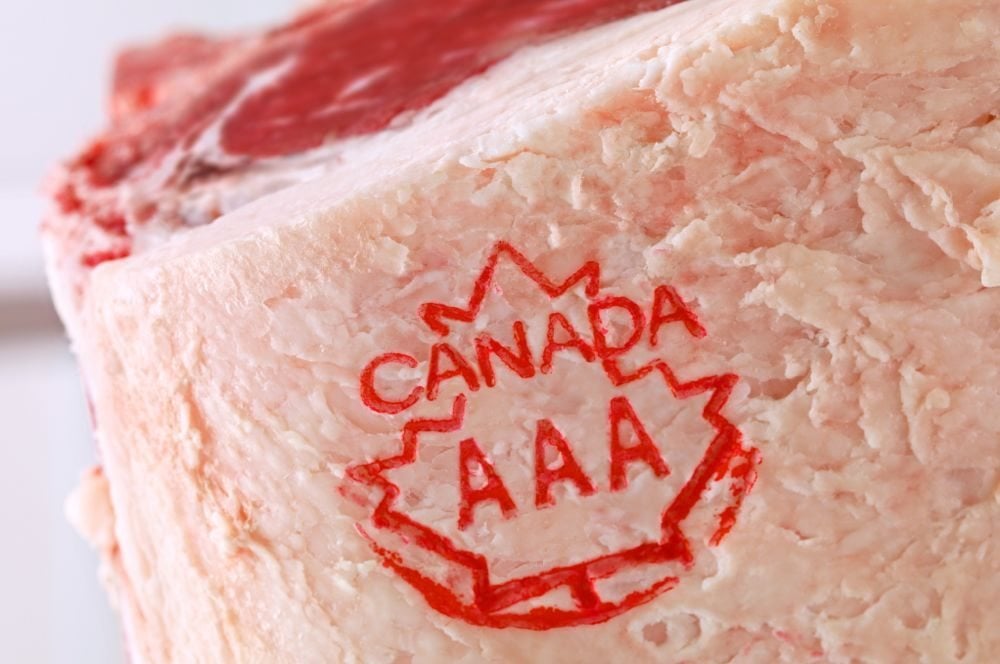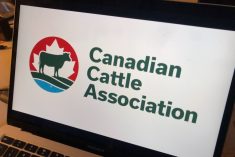As always, the Canadian Cattlemen’s Association (CCA) had an event-filled August. Our semi-annual meeting traditionally held in the summer was for the first time ever combined with other industry partner meetings and events to create the inaugural Canadian Beef Industry Conference (CBIC). The Canadian beef industry is comprised of many moving parts and numerous professions up and down the value chain. Beef production begins with the producers on the ground who choose to raise beef cattle for a living, a choice which creates a ripple effect for numerous related specialists — agrologists, economists, veterinarians, commerce services including insurance, banks, lawyers, technology companies and many more. The CBIC was an excellent demonstration of the breadth of the beef industry, with participation from nearly every part of the value chain, bringing the vast majority of players under one roof.
Read Also

The Canadian Cattle Association’s international advocacy efforts
Global ag policies affect Canadian food policy, so the Canadian Cattle Association participates in international and domestic forums
During the CCA semi-annual meetings at the conference, leadership from our U.S. and Mexican cattle association counterparts, the National Cattlemen’s Beef Association (NCBA) and Nacional de Organizaciones Ganaderas (CNOG), were in attendance and we enjoyed good discussion at our tri-lateral leaders’ meetings. CCA committee meeting discussions focused on ongoing challenges including workplace shortages, animal care and welfare, uncertainty around the progression of trade agreements, and technical barriers to trade limiting market access. On climate change, the conversations focused on ensuring the Canadian beef industry’s role as a responsible steward of Canada’s natural resources continues, in part through identifying ways to ensure continual improvement in the reduction of greenhouse gas emissions and optimization of carbon sequestration in grasslands.
This dialogue provided a good reminder of how multifaceted the beef industry is and enhanced appreciation for the hard work that goes on daily to ensure the beef industry remains a viable industry and one worthy of the public trust.
The CBIC was also an opportunity for the CCA to demonstrate the success of its flagship youth mentorship programs: Cattlemen’s Young Leaders (CYL) and the Young Cattlemen’s Council (YCC). The CBIC featured the five-year anniversary of the CYL program, which I believe is a great success, particularly when one considers the success rate of retaining CYLs and YCCs in industry. YCC alumni include Virgil Lowe, co-chair of the CBIC, and an associate at Dentons by day, and Erika Strande, who served as YCC’s first president-elect and is a strong beef industry leader and advocate.
CYL graduate Dr. Katie Wood now works at the University of Guelph’s department of animal biosciences as an assistant professor in beef cattle nutrition. Others are involved in their provincial associations: Ryan Beierbach (CYL, YCC) is chair of the Saskatchewan Cattlemen’s Association, and Penny Patton (CYL), Jake Meyer (CYL, YCC) Brodie Haugan (CYL, YCC) are directors of Alberta Beef Producers. The list goes on.
The retention of youth in the beef industry is extremely important to ensure our future viability and I am pleased that the mentorship programs and opportunities in place are producing results that benefit the industry as a whole.
One of the highlights for me at the conference was the beef demand panel featuring Mo Jessa of Earls Restaurant. His apology to beef producers was heartfelt and I know he will have a more consultative and collaborative approach with industry in the future. He truly sets an example for other agri-food and food service businesses. The Earls debacle earlier this year and media attention in general helped to raise awareness about sustainable beef production. Many articles on the efforts of industry to demystify and clarify the benefits of production technologies from stewardship and environmental perspectives, as well as the healthfulness of beef were produced by media and the scientific community. Overall, the outcome was positive and reflects advice heard from many speakers at the conference, validating the CCA’s existing efforts to communicate with consumers in a transparent manner.
I was pleased to see Anderson Ranch Inc. of Fir Mountain, Sask., named as the 2016 recipient of the Environmental Stewardship Award (TESA). The ranch is operated by Miles Anderson and his wife Sheri who work hard to protect the many endangered and at-risk wildlife species living there. Their commitment to preservation and the use of innovation is an example for us all and has captured the attention of other sustainable ranchers and conservationists around the world. The TESA has recognized the excellent stewardship work of producers like the Andersons since 1996 and demonstrates time and time again that producers are indeed stewards of the land.
Earlier on in the summer, CCA travelled to Brazil for a meeting of the CEOs of the International Beef Alliance. In 2015 Brazil and Paraguay became new members of the alliance which now represents 46 per cent of world beef production and 63 per cent of world beef exports. The CEOs discussed expansion opportunities, changes to the organization structure, youth mentorship, opportunities to increase the influence of the alliance, and finalized the program and preparations for the full International Beef Alliance meeting in New Zealand. Brazil is a significant producer of beef and has applied for the U.S. to recognize its FMD-free status. The CEOs also met with Brazilian federal and state level veterinary authorities to gain a greater understanding of Brazil’s FMD control programs. Brazil has not yet requested similar recognition by Canada, but we have a good start to understanding their process.
















